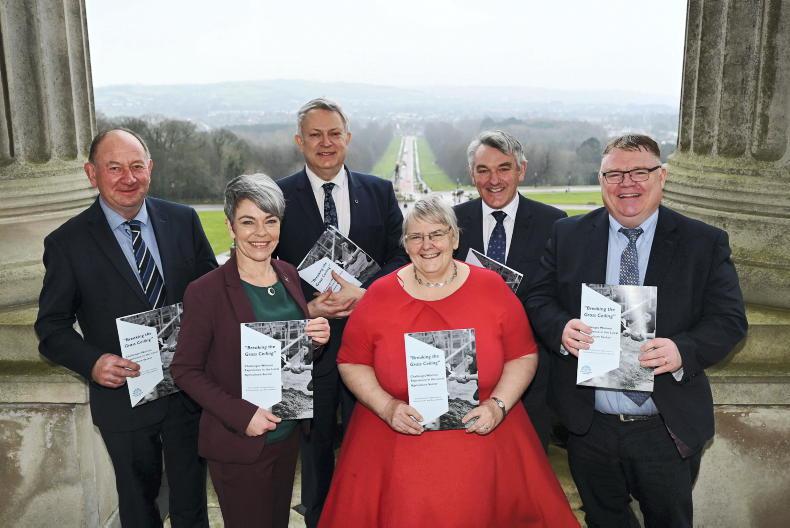The role that women play within NI farming has been overlooked at all levels in the industry, a committee of MLAs has concluded.
In a new report published on Tuesday, Stormont’s agriculture committee states that women face “many complex challenges” when it comes to career progression within the local agriculture sector.
The latest figures from DAERA indicate that a woman was deemed the “principal farmer” in just 5.3% of NI farms in 2019.
Although comparisons across other jurisdictions are difficult due to differences in how principal farmers are defined, MLAs found evidence which suggests fewer women oversee farms in NI when compared to other areas.
“Men comprised 84% and 88% of farm holders in England and the Republic of Ireland respectively and... across the EU 22% of registered farm owners were women,” the report states.
The committee also found that women are under-represented across the wider agri food industry as across 17 different organisations, only 14% of senior managers at board level were women.
As part of its inquiry, the committee undertook a survey of females working within local agriculture and 70% of respondents said culture within the sector is a challenge to women.
The survey found that 98% of respondents agree that women help improve farm productivity and 67% respondents also hold down off-farm jobs.
Inheritance
According to the survey results, gaining ownership of farmland and inheritance practices within families are the biggest barriers facing women within NI farming.
“The perceived obligation to undertake caring responsibilities both for children and older family members was also ranked very highly as this encumbers on the time available for women to engage in farm activities,” the report states.
Stormont’s agriculture committee acknowledge that the many issues facing women in NI farming are “intertwined with cultural attitudes which will require persistent and long-term action to facilitate change”.
However, MLAs set out a series of shorter-term recommendations for DAERA to consider, such as enhanced training and education for female farmers. This includes a training subsidy grant and establishing farmer discussion groups for women.






 This is a subscriber-only article
This is a subscriber-only article










SHARING OPTIONS: